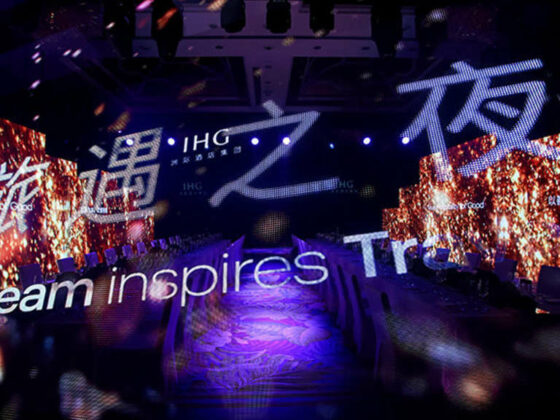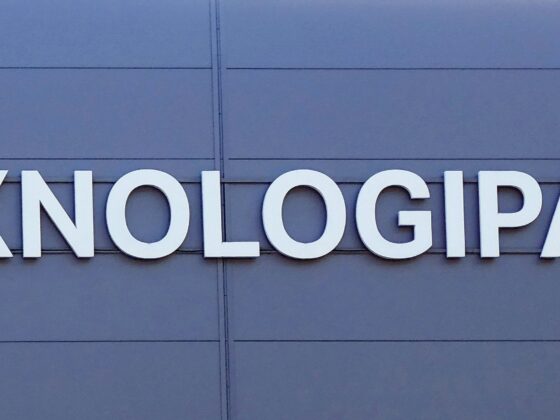
Hospitality thrives on human connections. While guest experiences are at the heart of business strategies, the industry is now recognising that exceptional guest journeys are only possible when equal attention is paid to the employee journey. As we approach 2025, the focus on empowering and supporting hospitality professionals is set to transform the industry. This article explores the trends and innovations redefining the employee experience and shaping hospitality’s future.
Employees as the First Guests
The idea of treating employees as the first guests is reshaping hospitality’s culture. A study by Deloitte’s Global Human Capital Trends Report 2024 found that 68% of hospitality organisations believe employee well-being directly correlates with better customer satisfaction. This philosophy emphasises personalised support, professional development, and recognition for employees as foundational elements of success.
As the CEO of Marriott International, stated, Happy associates lead to happy guests. Our investments in employee development and well-being are not only moral imperatives but also business imperatives.
In 2025, this approach will redefine operations. Employees will receive the same level of care as guests, creating a culture where engagement and performance thrive.
Smart Workplaces and Employee-Centric Technology
Technology is revolutionising the employee experience in hospitality. AI and automation, once primarily guest-facing, are being adopted to improve employee workflows. For instance, Accor has implemented AI-driven workforce management systems that optimise scheduling and reduce workplace friction, allowing employees to focus on service delivery.
Virtual and augmented reality (VR/AR) are transforming training by providing immersive simulations for mastering complex tasks and enhancing cultural understanding. According to PwC’s 2024 Emerging Tech Report, 54% of global hospitality businesses plan to adopt VR/AR for employee engagement by 2025.
These innovations not only boost efficiency but also enhance job satisfaction, making technology a cornerstone of the employee journey.
Mental Health and Emotional Intelligence
Mental health support has become a priority for the hospitality industry. Programs like Hilton’s Thrive at Hilton, which offers mental health resources and counseling, are setting a standard for care. Many organisations are also introducing mental health first aid training, empowering leaders to support team members effectively.
Additionally, emotional intelligence (EI) is emerging as a key leadership skill. Leaders with high EI foster trust and inclusivity, creating environments where employees feel valued. According to Cornell University’s School of Hotel Administration, hotels with EI-focused leadership see a 32% higher employee retention rate and improved service scores.
Diversity, Equity, and Inclusion (DEI)
Diversity and inclusion are essential components of the employee journey in 2025. IHG Hotels & Resorts, for example, has pledged to achieve gender balance across its leadership by 2025, supported by mentorship programs for underrepresented groups.
Global teams also bring unique perspectives that resonate with diverse guest profiles. As travel resumes globally, employees who reflect the diversity of their guests will be key to delivering personalised service. DEI is no longer a peripheral initiative but a vital part of corporate culture.
Sustainability and Purpose-Driven Workplaces
The workforce of 2025, dominated by Millennials and Gen S, demands purpose-driven work environments. Employees increasingly want to align with companies that prioritise sustainability and social responsibility. For example, Hyatt’s World of Care platform engages employees in initiatives focused on community impact and environmental goals.
Organisations embedding sustainability into their operations create a sense of shared purpose, leading to higher employee engagement and better guest experiences. Employees who see their work contributing to a greater cause are more motivated and committed.
Global Perspectives on Employee Investment
Around the world, hospitality organisations are tailoring employee-centric strategies to regional needs. In Asia-Pacific, high turnover rates are being addressed through data analytics that predict employee needs and reduce attrition. In Europe, work-life balance initiatives, such as four-day workweeks, are gaining traction. In North America, competitive benefits and robust career development programs are the norm to attract and retain top talent.
Despite regional differences, the universal focus on the employee journey is clear. As Simon Vincent, President EMEA at Hilton, remarked, Our employees are our greatest asset. Their satisfaction drives everything we do, from innovation to guest loyalty.
The Road Ahead
The hospitality industry of 2025 will thrive on the strength of its people. Organisations that invest in the employee journey—through technology, mental health support, diversity, and purpose-driven initiatives—will lead the way in a competitive market.
At its core, hospitality is about people. While technologies and trends will evolve, the human element remains irreplaceable. By dedicating the same care to employees as to guests, the industry ensures not only its success but also its heart and soul. As we step into 2025, let us remember: humans make hospitality, and their journey shapes the future of the industry.







